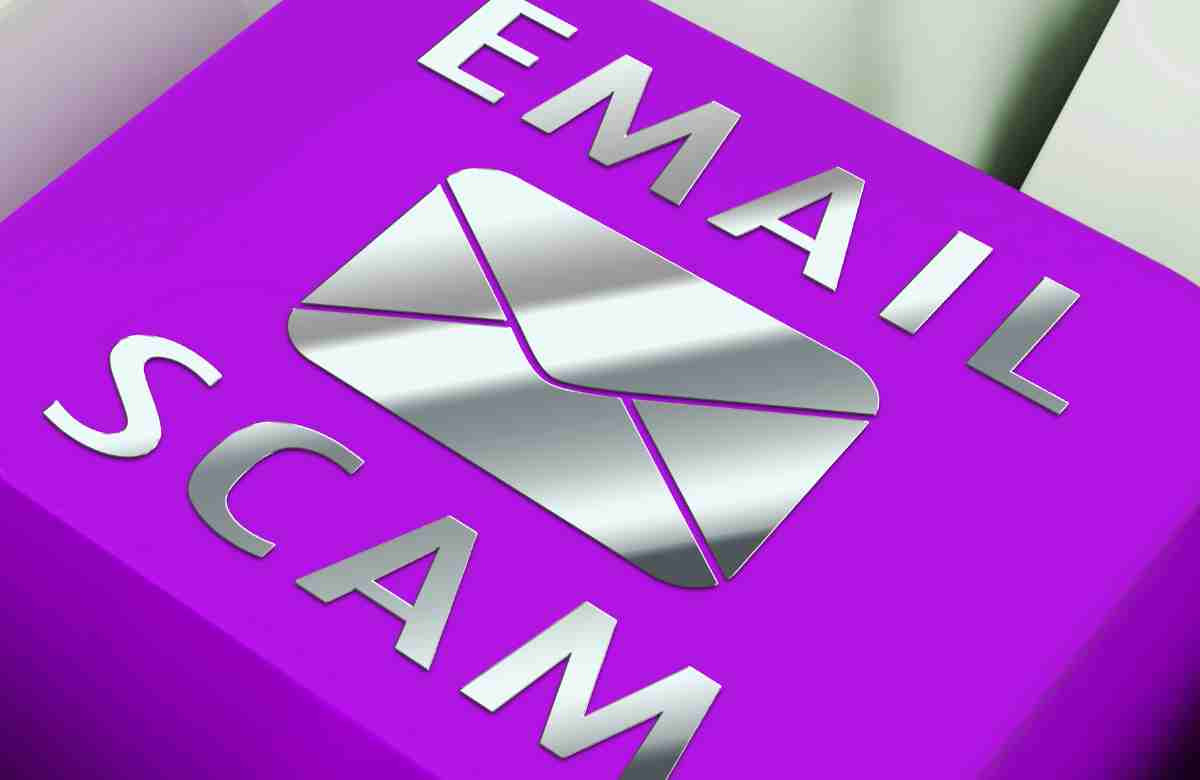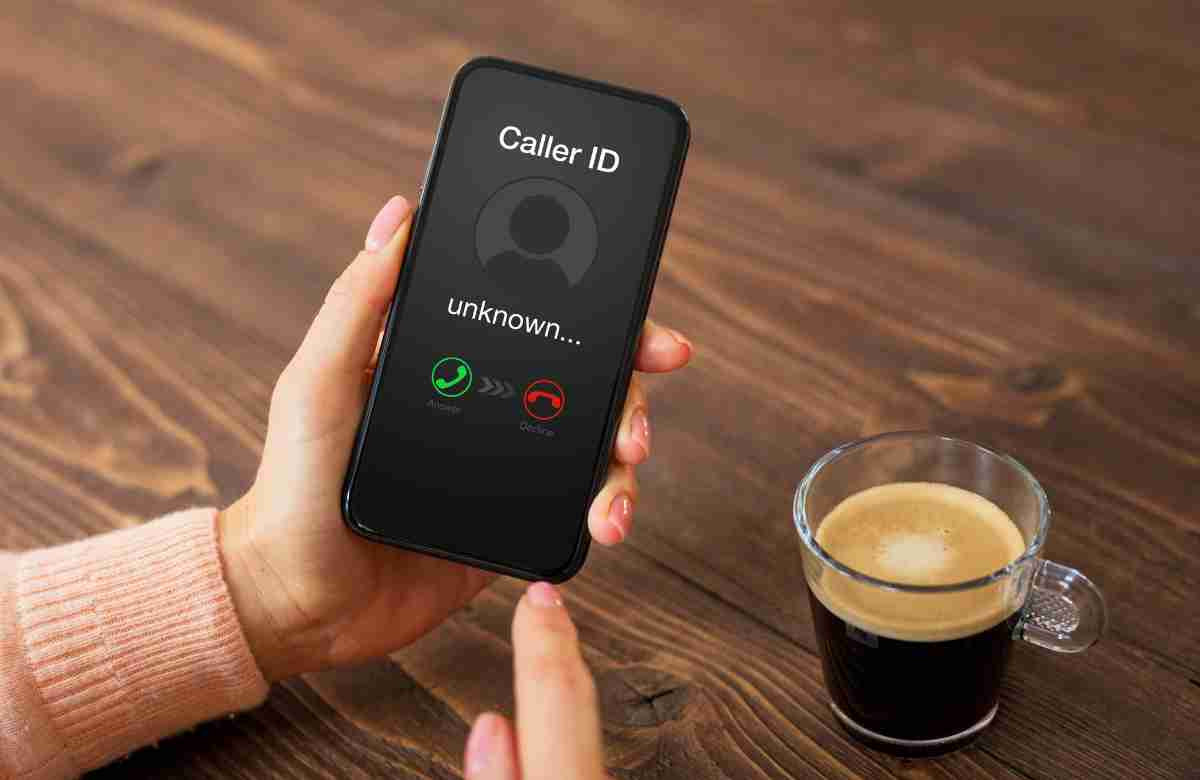TN CPA Professional Blog
The TN CPA Team is your source for the latest Canadian tax news and updates on changing tax laws.
We are pleased to provide a variety of resources on accounting, bookkeeping taxation, and other related subjects that we hope will be helpful to both individuals and businesses.
If you have any questions, simply contact us by email or call 416-318-6789. We will be happy to meet with you for a free, no-obligation consultation.Disclaimer:
The content provided in this blog is for general informational purposes only and is not intended as professional accounting, tax, or financial advice. While efforts are made to ensure the accuracy and timeliness of the content, errors or omissions may occur. The content does not constitute a client-advisor relationship. Readers should consult with a Chartered Professional Accountants or other financial professional for advice tailored to their specific needs. We are not liable for any actions one might take based on the information provided in this blog.
During the holiday season, scammers often take advantage of the festive atmosphere and people's increased online activities. Christmas scams can take various forms, but some common tactics include:
Avoiding online scams in Canada (or anywhere else) involves being vigilant, informed, and taking proactive measures to protect your personal and financial information. Here are some tips to help you avoid online scams:
The CRA will not send text messages, or instant messages (Facebook Messenger, WhatsApp) to start a conversation with you under any circumstances.
If you receive a text or instant message purporting to be from the CRA, prompting you to click on a link or requesting information, you can safely delete it.
The Canada Revenue Agency (CRA) might email you:
- to let you know that a new message is available on your CRA website account.
- to send you a link for a webpage, form, or publication that you requested during a call or meeting with a CRA representative.
- to let you know about tax credits and benefits for individuals or online services such as My account.
Numbers from the Canadian Anti-Fraud Centre show that direct calls remain the number one means of solicitation for fraudsters.
Although the CRA may contact you via phone to review your income tax and benefit return, it's important to note that legitimate government employees will always identify themselves with their name, employee number, and phone number.
It’s tax time again. If you are like others, you may feel overwhelmed by the process. Sadly, scammers are aware of this and take advantage of people's fears by trying to steal money and gain unauthorized access to personal data and financial details. The Canada Revenue Agency has seen a dramatic increase in the sophistication of scam attempts, so it is essential that you learn the difference between legitimate communication and a scam from the CRA. The best way to protect yourself from potential fraud is by learning the signs.
With all of the recent press about Ransomeware attacks on various companies and publicity about people being targeted during the COVID-19 Pandemic, it is timely to remind you that the fight against fraud starts with you. Learn to recognize, reject and report it.








